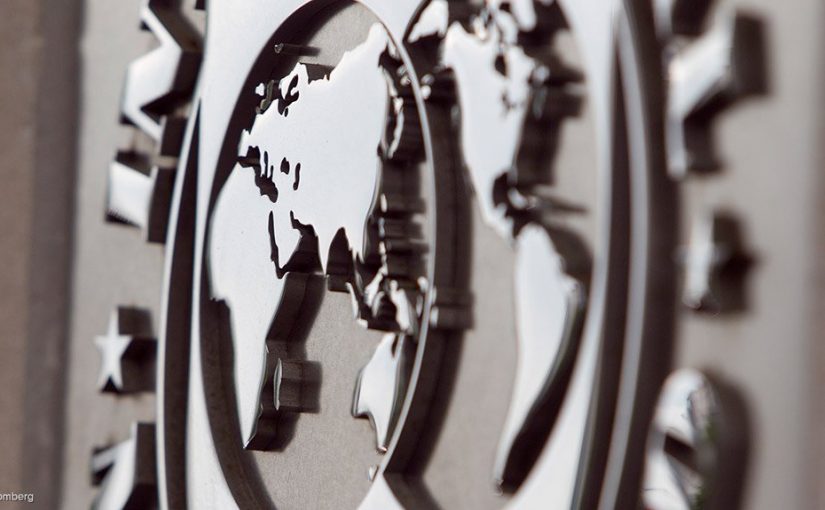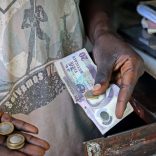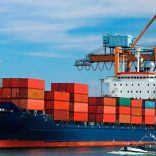Mozambique: Public debt soars 26% in five years
Mozambique is not making an effort to meet IMF demands – BMI Research

The BMI Research analyst who follows the Mozambican economy believes that the Government is not making any effort to respond to IMF demands and that there are political motivations for lack of transparency.
“We are not seeing a real effort on the part of Maputo to meet the demands,” David Earnshaw told Lusa, adding that “there seems to be a political motivation behind the lack of transparency about government accounts even after the Kroll audit”.
According to Earnshaw, “the same can probably be said about the executive’s refusal to give priority to holders of public debt over lenders of the hidden loans”.
In October last year, the Mozambican Finance Minister announced to investors in London that the country was unable to honour its financial commitments concerning public debt and loans to public companies Mozambique Asset Management (MAM) and Proindicus totalling more than US$2 billion.
The executive’s decision accelerated the economic slowdown and precipitated the downgrading by financial rating agencies, and in effect barred Mozambique from international financing sources.
In the last 12 months, “there has been a disappointing lack of progress in negotiations between the parties, but this is not surprising,” Earnshaw says, noting that Mozambique’s desire for all creditors to join a single platform was rejected by public debt creditors, who say they have already accepted a reduction in payments vis-à-vis creditors who lent money to public companies.
“The question now is how long the government is willing to stand exclusion from international financial markets, and also from engagement with the International Monetary Fund, which is the consequence of this performance,” Earnshaw said.
Earnshaw believes that in the coming months, the pressure to access financial markets “will increase with the approach of the presidential elections of 2019”, although the Mozambican economy has been able to avoid a recession as a result of defaulting in January this year.
“The economy has behaved relatively well in the face of initial expectations following default, thanks to higher commodity prices and a surprising volume of foreign investors interested in infrastructure projects, which relieves the pressure felt by the government to give in to the IMF and debt bond holders,” Earnshaw concluded.













Leave a Reply
Be the First to Comment!
You must be logged in to post a comment.
You must be logged in to post a comment.